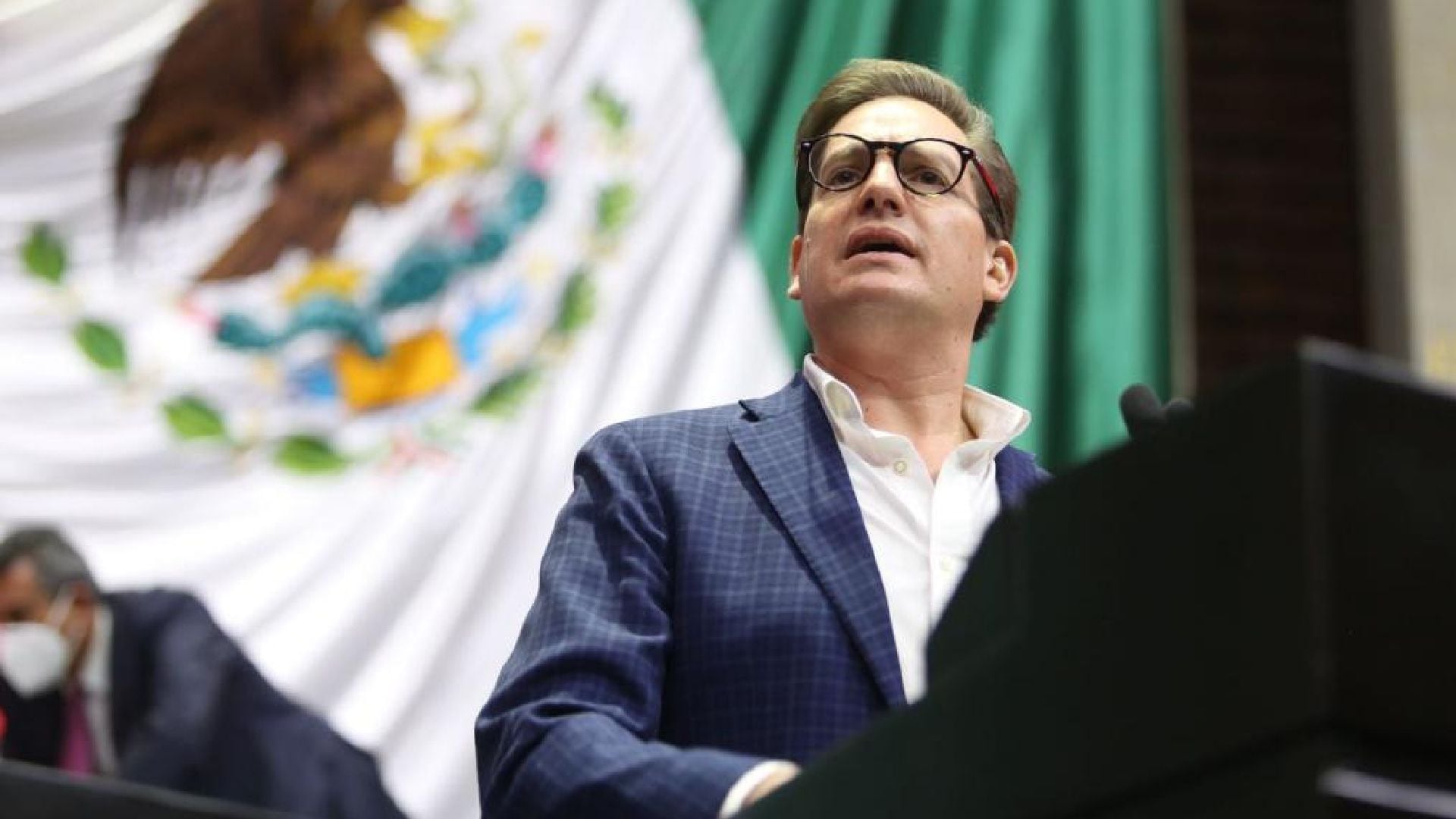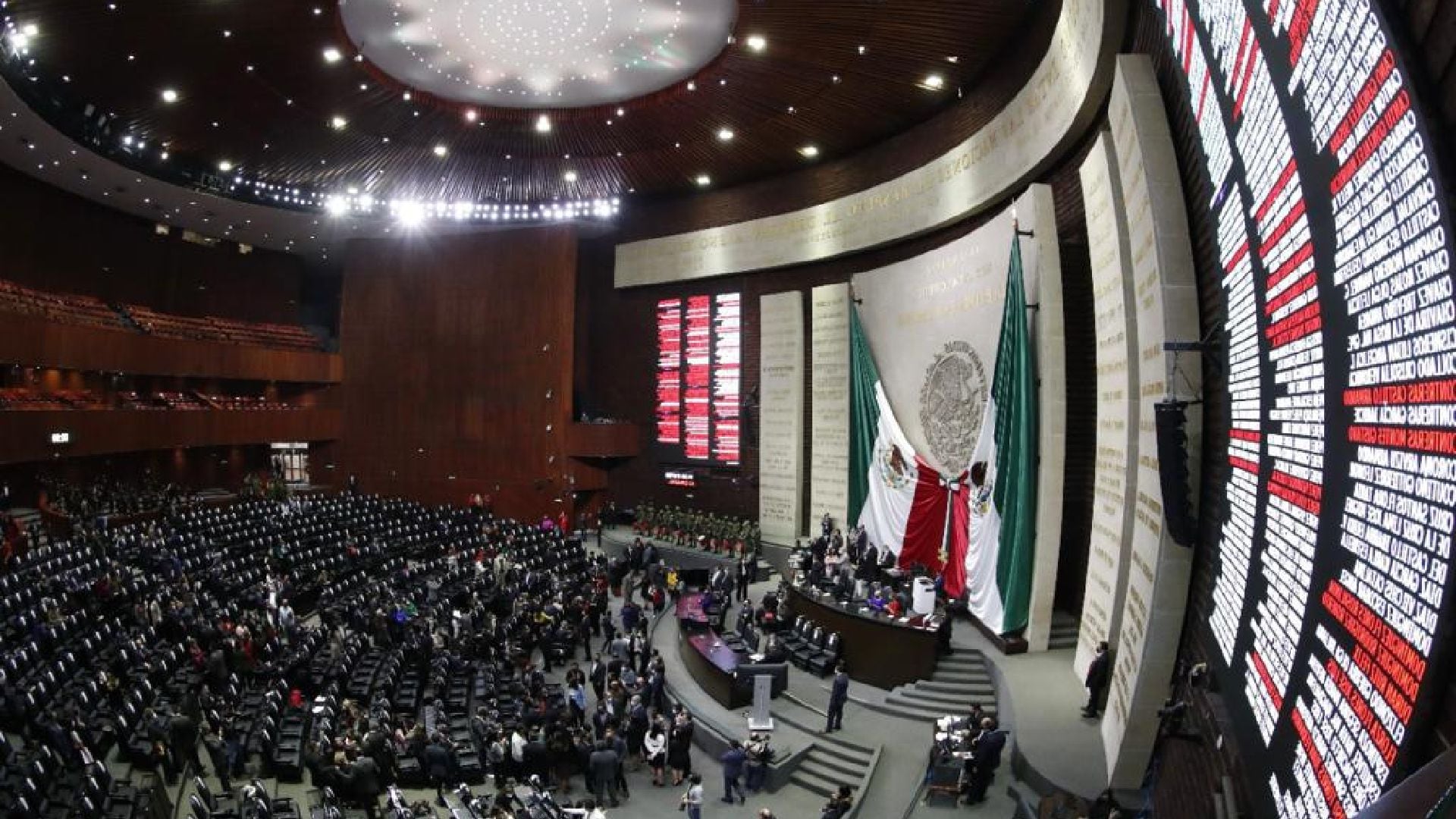
The promotion of policies at the forefront of human rights has generated a series of broad discussions on new concepts to be accepted in Mexico. Issues such as abortion, euthanasia and conscientious objection have taken over the legislative and judicial perspective in the 21st century, so in promoting progress on these issues, the Health Commission of the Chamber of Deputies organized the Dignified Death Forum.
This is why this Wednesday, March 23, a group of analysts met with deputies from different benches to express their main reflections on what should be related to a dignified death free of suffering for humans and, in this way, preserving the maximum dignity in life.
Emmanuel Reyes (Morena), president of the Health Commission; Salomón Chertorivski (MC), Secretary of the Health Commission; and Jorge Álvarez Máynez, coordinator of the Citizen Movement (MC) bench met with intellectuals such as Dr. María de Jesús Medina Arellano, Academic Coordinator of the Institute's Diploma in Health and Biolaw of Legal Research at the UNAM; Mariana Doberning Gago, Professor of Bioethics, Law and Persons and the Family at the Universidad Iberoamericana; and Juan Antonio Cruz Parcero, Member of the Institute for Philosophical Research of the UNAM.

Likewise, heads of institutions such as Patricio Santillán Doherty, head of the National Bioethics Commission of the Ministry of Health; Maria Asunción Álvarez del Río, president of the World Federation of Societies for the Right to Die with Dignity; and Nasheli Ramirez Hernández, President of the Commission of Human Rights of Mexico City.
During the participation of legislators, various postulates of public interest were envisaged, for example, Reyes Carmona pointed out that the phenomenon of dignified death must be made visible so that it is recognized as a right and, consequently, legislate so that the State generates the conditions for exercising that right.
Chertorivsky Woldenberg pointed to health predicaments that are difficult to contemplate, such as the geriatric population, the population with cancer and that, globally, only seven nations have laws that allow euthanasia, some assisted death.
“It is a discussion that we should not give up, but rather, anticipate, listening to the voices and arguments in order to be able, as legislators, to generate the best conditions for our legislation to allow the exercise of dignified and painless death”

In this regard, Álvarez Máynez pointed out that it is important to have the eyes of experts in the field in order to be able to legislate in adherence to the forefront of thought and not fall into discussions that are overwhelmed by advances in thanatological studies or stagnant discourses, since the dignity of the human being must be put at the center.
“The rights of health personnel must be preserved, in addition to the will that human beings have in which we develop our lives and in which at some point we can decide that certain conditions will come at a time of complexity that is not common”
On the part of the panelists, their profound contributions to such a complex topic stood out. Medina Arellano questioned whether living is a right or an obligation or whether there is a human right to a dignified death. Doberning Gago said that discussing the right to die with dignity and without pain is part of a broader discussion: the right to autonomy, since “it is a right to self-determination and what I want for my own life.”
Cruz Parcero argued that “euthanasia is not homicide, it is not murder, it is not genocide” and that this notion is associated with certain reasons of health and suffering caused by illness. Regarding this approach, he pointed out that death must be considered a good when life is no longer worthy and that in order to establish a serious discussion, it must be based on argumentation subscribed to secular ethics.
KEEP READING:
Últimas Noticias
Debanhi Escobar: they secured the motel where she was found lifeless in a cistern
Members of the Specialized Prosecutor's Office in Nuevo León secured the Nueva Castilla Motel as part of the investigations into the case

The oldest person in the world died at the age of 119
Kane Tanaka lived in Japan. She was born six months earlier than George Orwell, the same year that the Wright brothers first flew, and Marie Curie became the first woman to win a Nobel Prize

Macabre find in CDMX: they left a body bagged and tied in a taxi
The body was left in the back seats of the car. It was covered with black bags and tied with industrial tape
The eagles of America will face Manchester City in a duel of legends. Here are the details
The top Mexican football champion will play a match with Pep Guardiola's squad in the Lone Star Cup

Why is it good to bring dogs out to know the world when they are puppies
A so-called protection against the spread of diseases threatens the integral development of dogs




